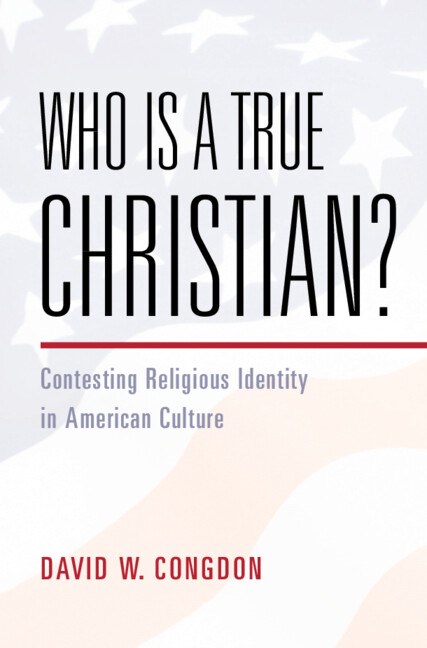2018 School Spending Survey Report
Who Is a True Christian?: Contesting Religious Identity in American Culture
COPY ISBN
VERDICT A fascinating theological project about the problem of Christian demarcation.
RELATED
ALREADY A SUBSCRIBER? LOG IN
We are currently offering this content for free. Sign up now to activate your personal profile, where you can save articles for future viewing




Comment Policy:
Comment should not be empty !!!